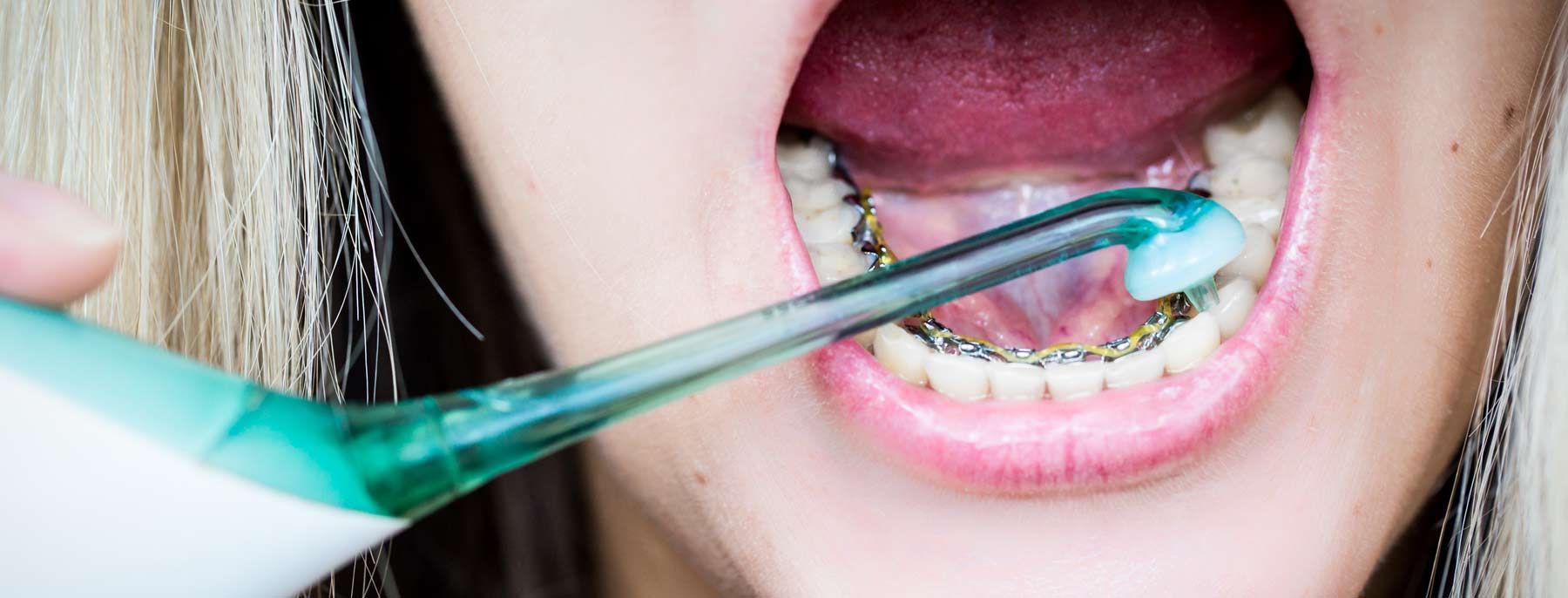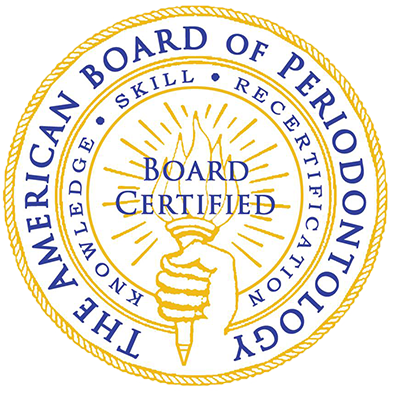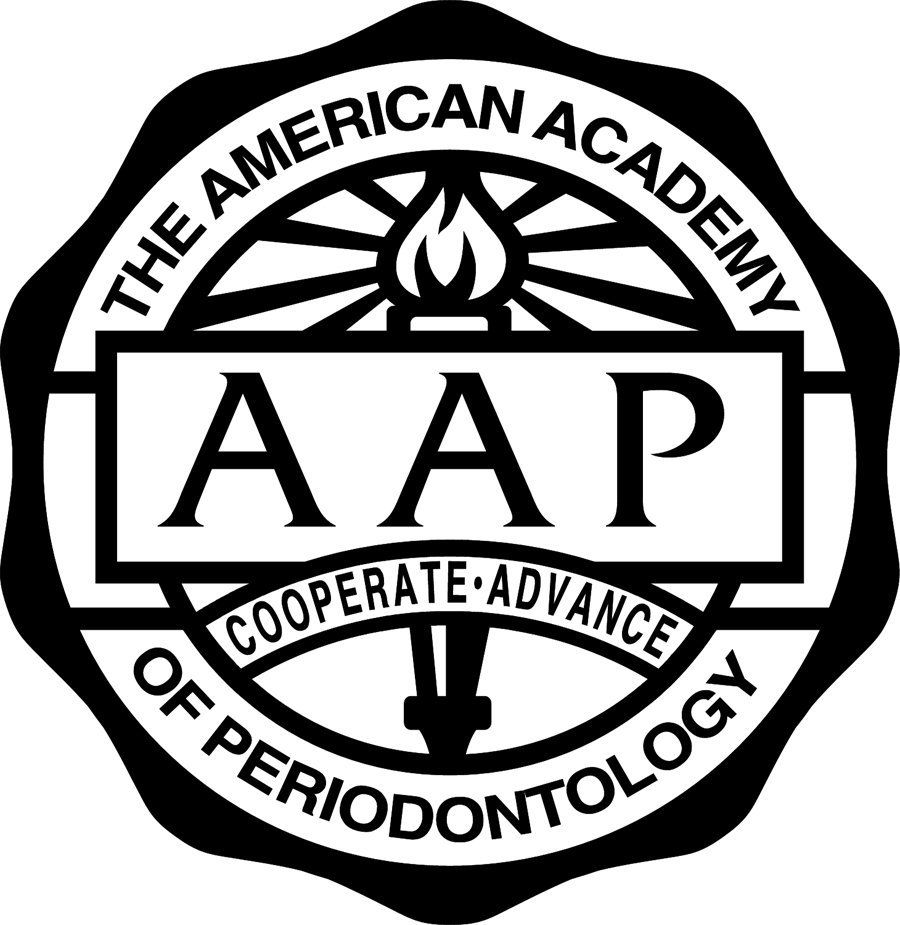Choosing the Best Toothpaste for Your Needs
Learn how to make the choice of toothpaste from Dr. Stephanie Sfiroudis, Nassau County Periodontist

When it comes to maintaining good oral hygiene, choosing the right toothpaste is essential. With so many options available on the market, it can be overwhelming to decide which toothpaste is best for your needs. From whitening to sensitive teeth, there are toothpaste options for every type of dental concern. To help you make an informed decision, here are some factors to consider when selecting the best toothpaste for your needs.
Consider your dental concerns
The first step in choosing the right toothpaste is to consider your specific dental concerns. If you have sensitive teeth, look for a toothpaste that is specially formulated for sensitive teeth. These toothpastes contain ingredients like potassium nitrate or strontium chloride, which can help alleviate tooth sensitivity. If you have cavities or are at risk for cavities, opt for a toothpaste with fluoride to protect your teeth against decay. For those looking to whiten their teeth, there are toothpastes on the market that contain whitening agents like hydrogen peroxide or baking soda.
Check the ingredients
It's important to check the ingredients list on the toothpaste packaging to ensure that it meets your needs. Some toothpastes contain abrasive ingredients that can be harsh on the enamel, while others contain natural ingredients like baking soda or coconut oil. If you have allergies or sensitivities to certain ingredients, make sure to choose a toothpaste that is free of those substances. Additionally, look for toothpastes that are endorsed by the American Dental Association (ADA), as these products have been proven to be safe and effective.
Choose the right fluoride content
Fluoride is a key ingredient in toothpaste that helps to strengthen tooth enamel and prevent cavities. However, the fluoride content in toothpaste can vary depending on the brand and formulation. For adults, the ADA recommends using a toothpaste with a fluoride concentration of at least 1,000 parts per million (ppm) to effectively protect against cavities. Children under the age of 3 should use a smear of fluoride toothpaste, while children aged 3-6 should use a pea-sized amount. Be mindful of the fluoride content in the toothpaste you choose to ensure that it provides adequate protection for your teeth.
Consider your lifestyle
Your lifestyle can also play a role in determining the best toothpaste for your needs. For example, if you are a frequent coffee drinker or smoker, you may benefit from a whitening toothpaste to remove surface stains and brighten your smile. If you have braces or dental appliances, a toothpaste with an anti-plaque or anti-gingivitis formula may be beneficial to prevent plaque buildup and maintain gum health. Additionally, if you travel frequently or have limited access to a sink, consider opting for a travel-sized toothpaste or a waterless toothpaste that doesn't require rinsing.
Consult with your dentist
Finally, consulting with your dentist can help you determine the best toothpaste for your needs. Your dentist can assess your oral health and provide personalized recommendations based on your dental concerns and preferences. They can also recommend specific toothpaste brands or formulations that are best suited to your individual needs. If you have any questions or concerns about choosing the right toothpaste, don't hesitate to reach out to your dentist for guidance.
In conclusion, choosing the best toothpaste for your needs requires careful consideration of your dental concerns, ingredients, fluoride content, lifestyle, and input from your dentist. By taking these factors into account, you can select a toothpaste that effectively meets your oral hygiene needs and helps you maintain a healthy smile. Remember to brush your teeth twice a day for at least two minutes each time and to visit your dentist regularly for check-ups and cleanings. Taking care of your teeth with the right toothpaste is an important step towards achieving optimal oral health.




















